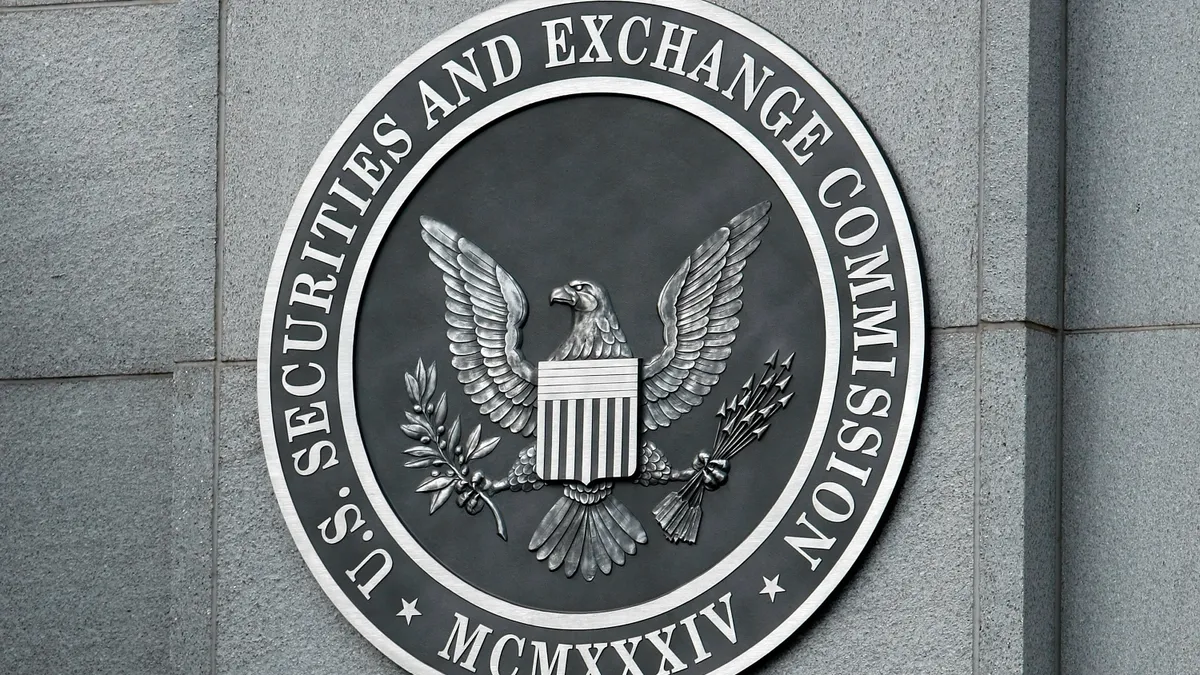Dive Brief:
- The Securities and Exchange Commission (SEC) has asked companies across a range of industries to provide more detail on the impact of climate change on their financial condition and operations.
- The agency’s division of corporation finance has sent CFOs requests for a variety of climate change information, including its physical impact and the direct and indirect effects of climate-related legislation and regulation. The SEC released a sample of its letter on Wednesday, while not specifying the extent of its distribution.
- “Information related to climate change-related risks and opportunities may be required in disclosures related to a company’s description of business, legal proceedings, risk factors and management’s discussion and analysis of financial condition and results of operations,” the SEC said.
Dive Insight:
SEC Chair Gary Gensler said in July he has asked agency staff to submit a proposal for mandatory climate risk disclosures for agency consideration by the end of 2021. Such reports may be required in an expanded Form 10-K and describe a company’s direct and indirect carbon emissions, including those by suppliers and partners in its “value chain.”
Companies may need to report on metrics such as greenhouse gas emissions, financial impacts of climate change and progress towards climate-related goals, Gensler said, adding that he aims to ensure investor access to “consistent, comparable, and decision-useful disclosures.”
The proposed disclosure rule may not be ready for public release until early 2022, Gensler said Wednesday.
“Whether it’s late this year or early next year, I believe so,” he said in a webcast sponsored by the Council of Institutional Investors. “But it still has to go to the five member [SEC] commissioners and the discussions among the five of us to vote it out.”
The recently sent SEC letter stems from the agency’s guidance on climate change disclosure released in 2010. The agency identifies several potential ambiguities or omissions in a climate-change disclosure document, including:
-
any discrepancy between a company’s SEC filing and a corporate social responsibility report;
-
risk factors, such as from litigation related to climate change or when switching away from fossil fuels;
-
details on past or future capital expenditures for climate-related projects;
-
indirect impact from climate-related regulation or business trends such as declining demand for goods or services that generate significant greenhouse gas emissions;
-
physical impact from fires or severe weather, such as hurricanes, floods, or drought;
-
an increase in compliance costs;
-
purchase or sale of carbon credits or offsets.
“The sample comments do not constitute an exhaustive list of the issues that companies should consider,” the SEC said. “Any comments issued would be appropriately tailored to the specific company and industry.”















